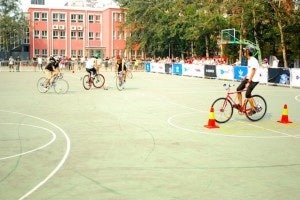
Emerging over the past two decades as a trend among big-city bike messengers, recent years have seen the popularity of fixed-gear bikes grow exponentially around the world.
Aside from their minimalist, low-maintenance frames, the often customized "fixies" have sustained their presence in the cycling world largely due to their quite literal fixed gear -- with the pedals and cogs attached directly to the single gear (and therefore the rear wheel itself), the cyclist is in full control of the bicycle's speed, acceleration and deceleration. Though many riders find the lack of a free wheel and impossibility of coasting somewhat strange at first, others find this way of riding highly addictive, as this level of control makes the cycle feel like an extension of the rider's body, allowing for a fast and freeing ride.
With its cult-like following, "riding fixed" has become somewhat fashionable in major cities around the world, most notably San Francisco, New York, Tokyo, London and now Beijing. Gradually growing in visibility in the Chinese capital as well as Chengdu and Shanghai over the past two to three years, custom bike shops have sprouted up to bolster this eco- and urban-friendly means of transportation. Some of these independent shops, such as Beijing's
Natooke#
(Wudaoying Hutong 19-1, Dongcheng District), enable everybody from the amateur enthusiast to the seasoned veteran to build custom bikes with the store’s own aluminum frames and forks, with a seemingly endless array of paint and accessory options limited only by the rider's personal budget. Although customized fixed-gear bikes can easily ascend into the 30,000 yuan (US$4,733) price range, one can also build a basic, yet well-crafted and personalized fixie at Natooke for one-tenth of that.
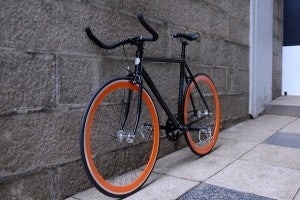
For riders less interested in customization, we've even seen luxury brands look to get a piece of the fixie action this year, with Shanghai Tang debuting a special HK$10,800 (US$1,392) fixed-gear bicycle created in collaboration with Colossi Cycling’s Jan Kole this June.
Alongside the custom bike shops appearing in major Chinese cities have been a growing number of fixed-gear culture events and "crews." During the last weekend of August on a hot Beijing day was one such event, the fourth installment of
Fixed Gear Revolution#
, a weekend of crit and alley cat races, bike polo, and track stand and trick competitions that attracted riders from all over Asia. In addition to a number of ardent individual riders were a few brave souls who competed as members of a team. A handful of standouts, among them the newly established, Beijing-based team
Big Dirty#
, proved their mettle, boasting two top-10 finishes in the gruesome 40-kilometer alley cat. Year-round, other teams like BD, or
Factory Five --#
a team as well as a store based out of Shanghai -- welcome new and experienced riders to take part in weekly rides to encourage and sustain China's growing urban bike culture.
Though cities like Beijing and Shanghai are now more associated with cars and traffic than in their distant "Bicycle Kingdom" past, hopefully China's nascent fixed-gear fever continues to grow, not just as a fad, but also as a dedication to the sport of cycling as well as a means to battle urban congestion and rampant pollution.
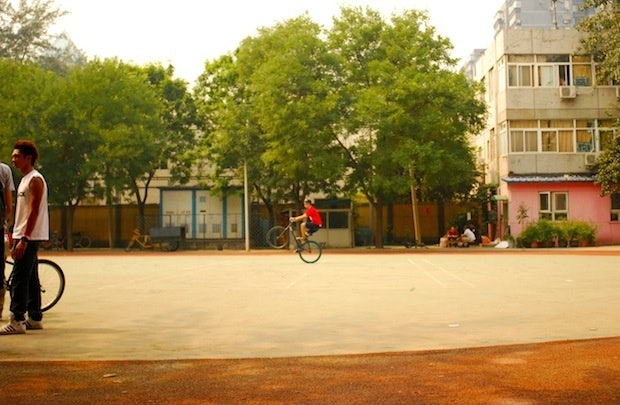
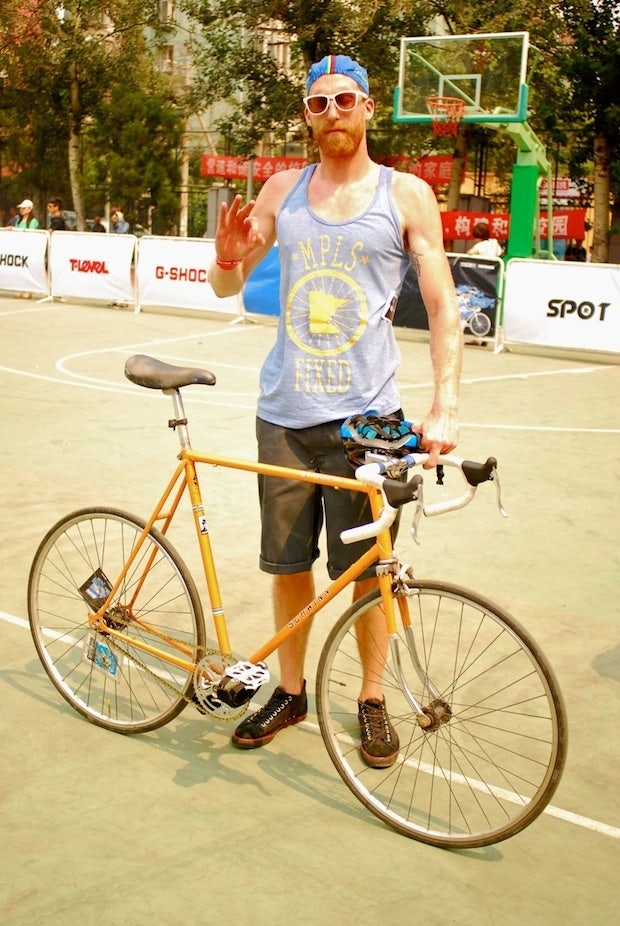
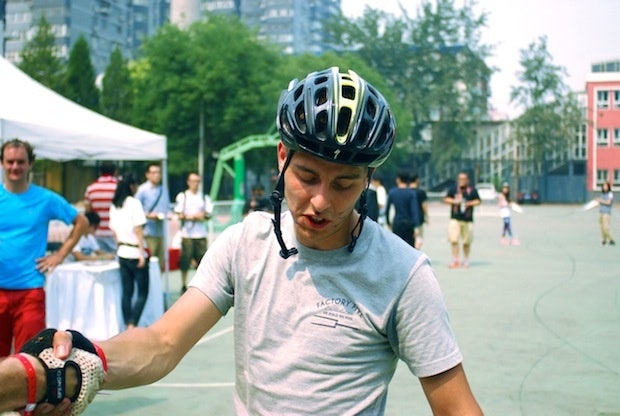
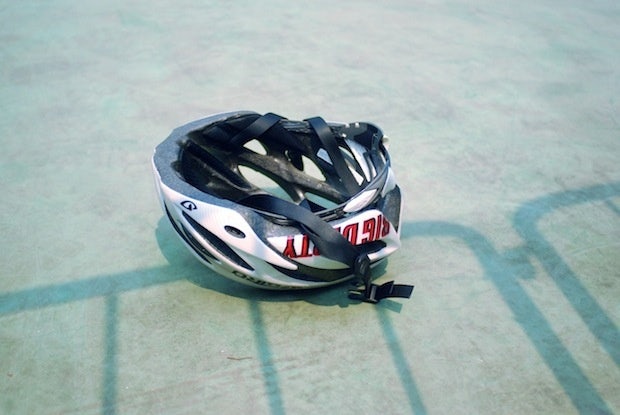
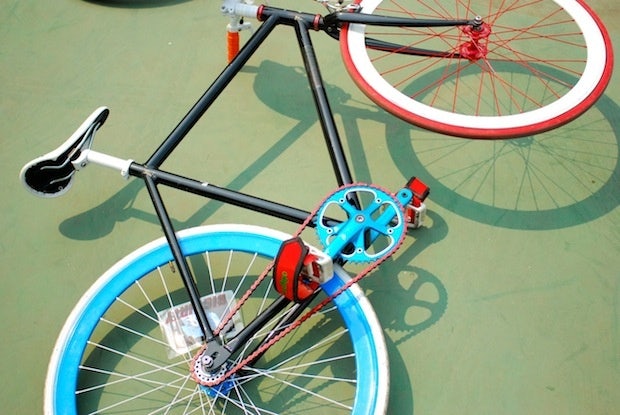
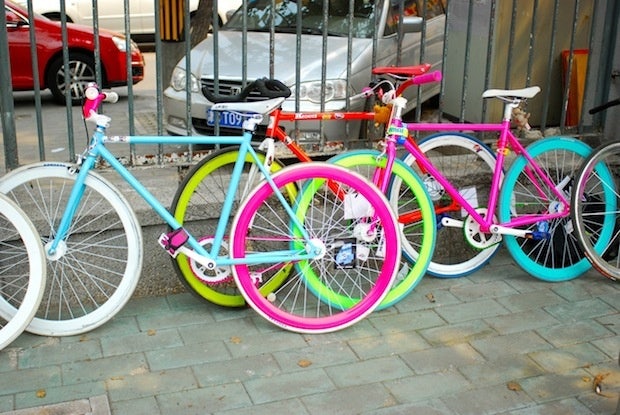
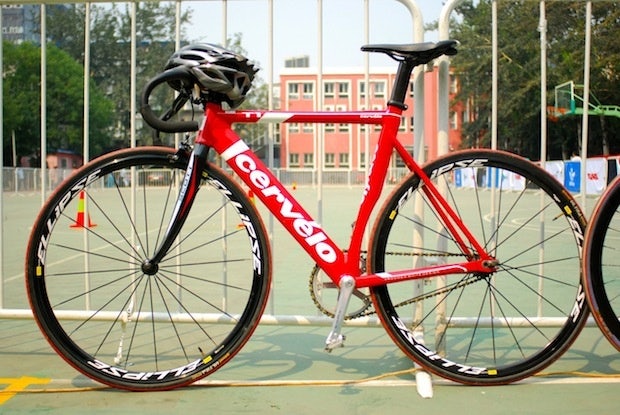
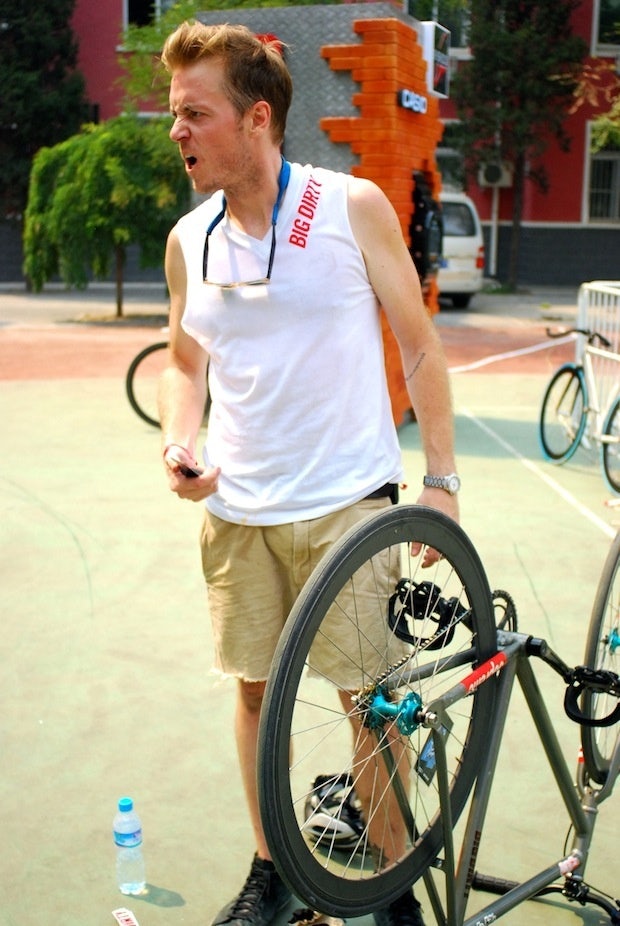
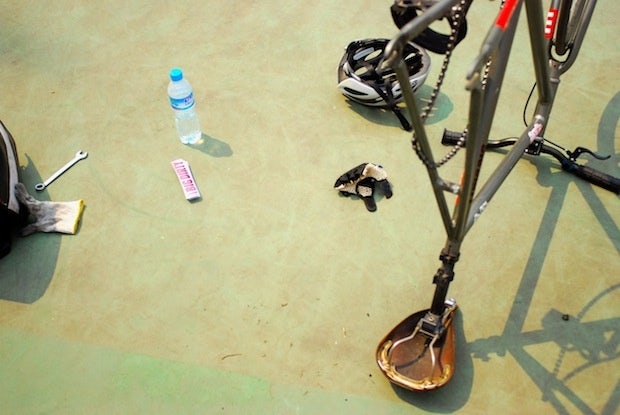
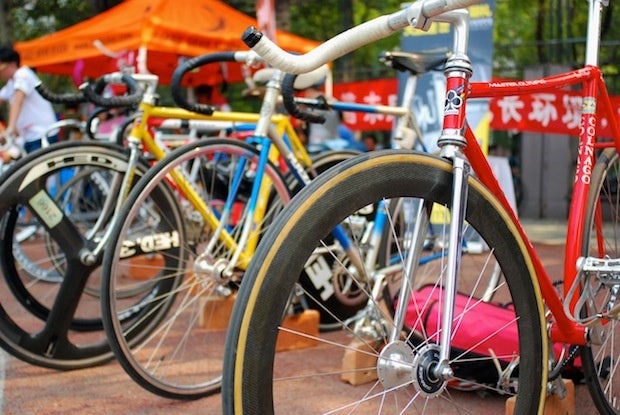
Zandie Brockett is a Beijing-based independent curator, writer, consultant and photographer from Los Angeles. She holds a B.A. in Sociology + Photography from Duke University and a Masters from Duke’s Fuqua School of Business. In Beijing, Brockett currently works on several curatorial projects, including the creation of HONG轰, an alternative, self-sustaining platform that provides Beijing-based emerging artists the means to produce, exhibit and sell their artwork.
To learn more about Brockett, visit her blog The Zandie Project or the website for HONG轰 Beijing北京.
(Opinions expressed by Jing Daily columnists do not necessarily reflect the opinions of the Jing Daily editorial team.)